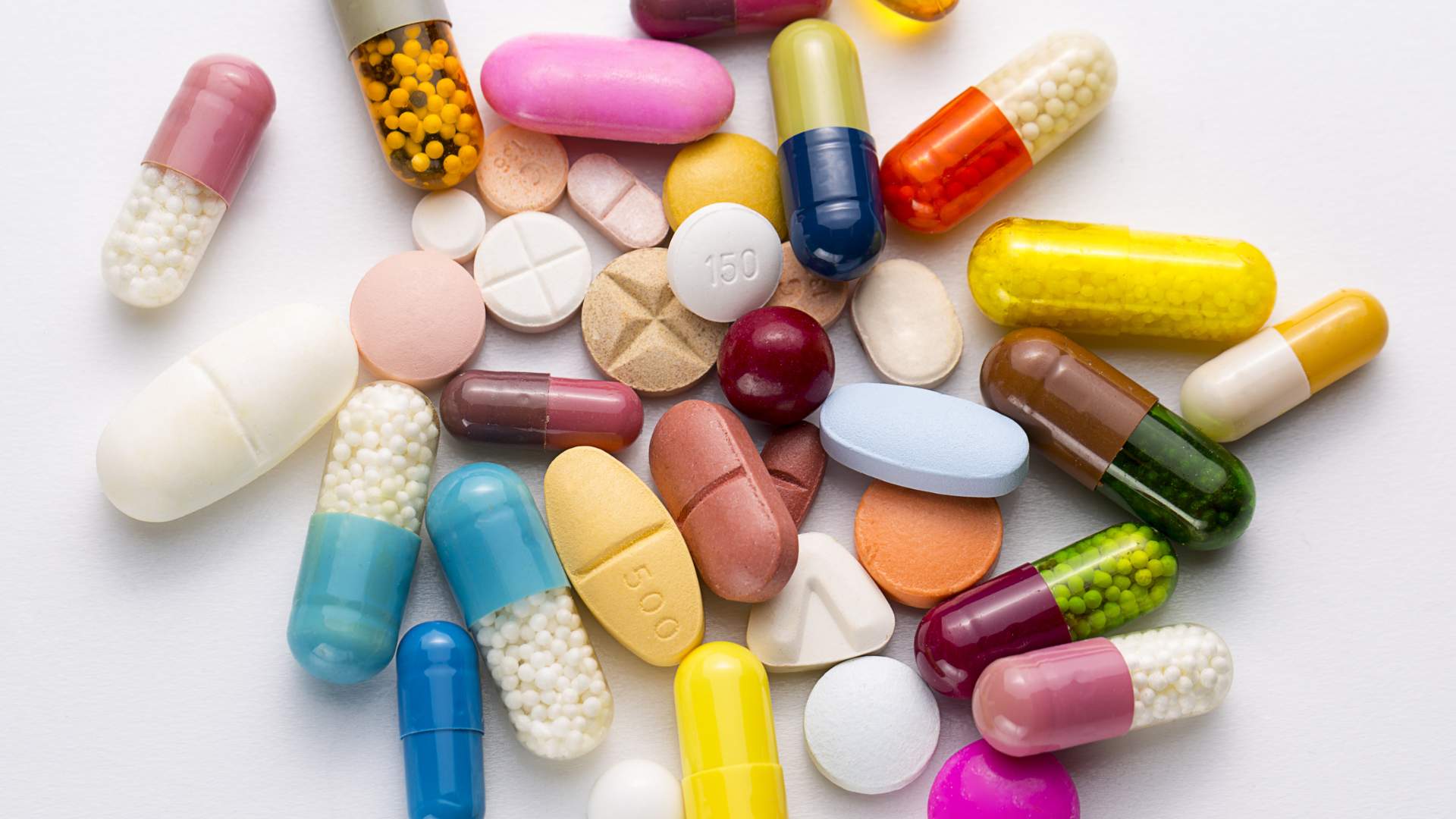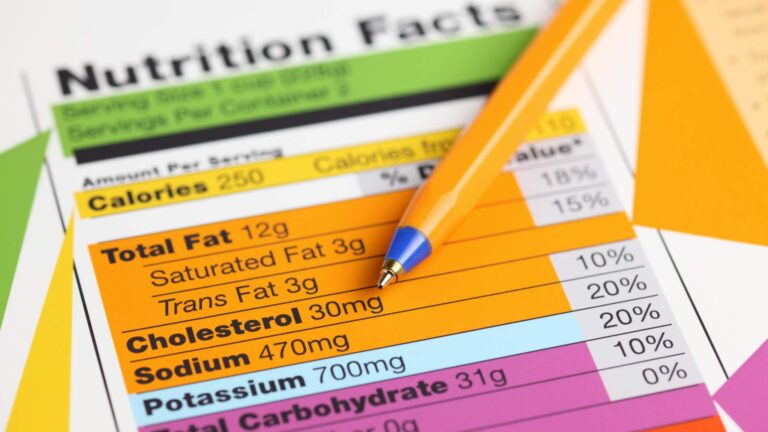Antidepressants: Unmasking Their Effects on the Brain

Demystifying the Fog: Antidepressants and Their Profound Impact on the Brain
For millions grappling with the darkness of depression, antidepressants offer a beacon of hope. These medications act as powerful tools, influencing the intricate dance of chemicals within the brain to alleviate debilitating symptoms. But how exactly do antidepressants work their magic? Buckle up, because we’re diving deep into the fascinating world of neurotransmitters and the impact these medications have on the very foundation of our moods and emotions.
The Neurotransmitter Orchestra: Playing the Right Tune
Imagine the brain as a vast orchestra, with neurons acting as musicians and neurotransmitters as their instruments. Serotonin, norepinephrine, and dopamine are some of the key players in this symphony, responsible for regulating mood, sleep, motivation, and pleasure. In depression, this delicate balance can become disrupted, leading to a cacophony of negative emotions.
Enter antidepressants, the conductors striving to restore harmony. Selective Serotonin Reuptake Inhibitors (SSRIs), the most commonly prescribed type, act like maestros fine-tuning the serotonin section. They work by blocking the reuptake of serotonin by neurons. Normally, after transmitting signals, serotonin gets reabsorbed by the sending neuron. SSRIs prevent this reuptake, essentially keeping serotonin circulating longer. This allows serotonin to bind to more receptor sites on receiving neurons, ultimately leading to improved mood regulation.
Another class of conductors are the Monoamine Oxidase Inhibitors (MAOIs). They target an enzyme called monoamine oxidase (MAO), which is responsible for breaking down serotonin, norepinephrine, and dopamine. By inhibiting MAO, MAOIs effectively prevent the breakdown of these crucial neurotransmitters, leading to higher levels available in the brain.
Beyond the Basics: A Symphony of Effects
The impact of antidepressants extends far beyond simply influencing neurotransmitter levels. Their influence creates a cascade of positive changes within the brain:
Neuronal Regeneration: Emerging research suggests that antidepressants may promote neuroplasticity, the brain’s ability to form new connections and grow new neurons. This can lead to a more resilient neural network, better equipped to manage stress and regulate emotions.
Enhanced Cognitive Function: Depression often comes hand-in-hand with difficulties in focus, memory, and concentration. Antidepressants can help improve cognitive function by promoting better communication between brain cells.
Emotional Stability: By regulating neurotransmitter levels, antidepressants can help stabilize mood swings, alleviate feelings of hopelessness, and reduce anxiety. This emotional stability allows individuals to engage more fully in life.
Increased Motivation: Low motivation is a hallmark symptom of depression. Antidepressants can help people feel more energized and engaged in activities they once enjoyed. This renewed motivation can be a powerful tool in overcoming the challenges of depression.
A Balancing Act: Weighing the Benefits and Side Effects
While antidepressants offer a life-changing impact for many, it’s important to acknowledge that they are not without drawbacks. Common side effects can include nausea, headaches, sexual dysfunction, and sleep disturbances. Additionally, it’s important to remember that antidepressants are not a quick fix. It can take weeks or even months to feel the full benefits as the medication works to restore balance within the brain.
The Importance of a Holistic Approach
Antidepressants are just one piece of the puzzle in managing depression. Therapy can equip individuals with coping mechanisms and emotional regulation skills. Lifestyle changes, such as regular exercise, healthy eating habits, and quality sleep, can also play a crucial role in supporting overall well-being.
Finding the Right Information
If you are considering antidepressants, here are some resources to help you navigate your search:
- National Institute of Mental Health (NIMH): https://www.nimh.nih.gov/health/topics/depression This website provides a wealth of information on depression, including causes, symptoms, and treatment options, including antidepressants.
- American Psychological Association (APA): https://www.apa.org/ The APA offers a variety of resources on depression and mental health, including information on different types of antidepressants and how they work.
- National Alliance on Mental Illness (NAMI): https://www.nami.org/Home NAMI is a grassroots mental health organization that provides support and education for individuals and families affected by mental illness. Their website has information on depression treatment options, including antidepressants.
The Decision to Use Antidepressants
Ultimately, the decision to use antidepressants should be made in consultation with a healthcare professional who can assess individual needs and create a comprehensive treatment plan. By understanding the intricate dance between antidepressants and the brain, we can shed light on the path towards a brighter and more hopeful future for those struggling with depression.
you may also read
do you want to say something to the shy dinosaur ?
Remember, I’m shy so don’t say too many nice things to me, I might lose my consciousness.





